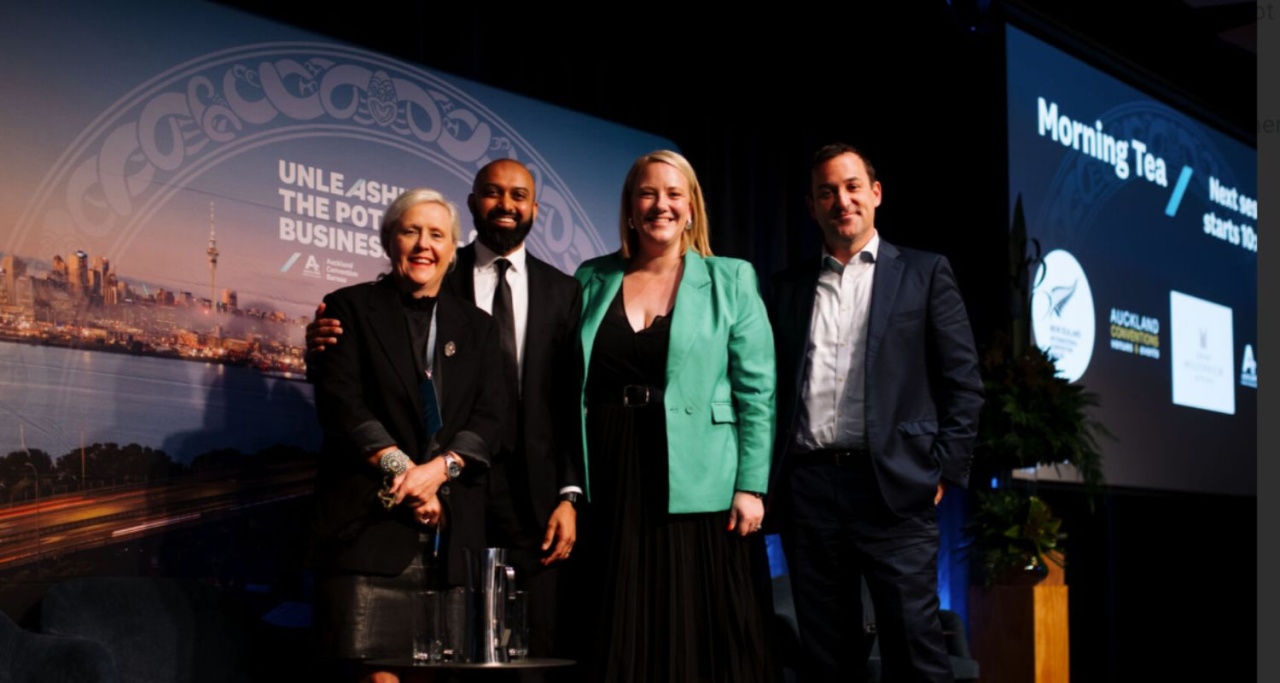The resilience demonstrated by the meetings industry during COVID-19, through rapid adaptation and the development of new strategies, highlights its essential role and the need to absorb lessons for future disruptions.
"One of the really most positive things that came out of the entire experience was the demonstration of the resilience this industry has."
The importance of gathering global insights on industry trends and adapting them to local markets to enhance the relevance and competitiveness of destinations like Auckland.
"Clearly, with the advisors here, a major objective was to get the best set of global insights that were achievable with a very, very diverse set of experts. And I think that was extremely well done."
Leveraging Auckland's image of safety, security, and innovation can be a strategic advantage in the global market, while acknowledging challenges like the environmental impact of long-haul travel.
"The image you have is of safety and security in a world where that is becoming a real premium in a big hurry."
Sustainability and inclusivity have emerged as new priorities for the industry, requiring innovative approaches and participation in shaping future standards.
"Sustainability. We could have had an entire three or four day discussion around that one topic."
The intensification of global competition in the meetings industry underscores the need for destinations to continually improve and innovate their offerings.
"The more destinations that realize the broader values associated with this industry, with the event it brings, the more that competition is going to get ramped up."
The shift in delegate expectations towards more engagement, unique experiences, and interactive formats necessitates a focus on relationships and networking over mere content delivery.
"It's all about relationships, interaction, engagement, legacies. The business of relying on coming to an event to get content, whatever your subject area may be, is just nuts."
Adapting to technological advancements and generational changes is crucial for the industry to remain relevant and effectively engage with new audiences.
"Generational change, what that means, how that means we need to adapt formats, measures, expectations and so forth."
Recognition that the meetings industry's challenges are often intertwined with broader environmental factors such as economic uncertainties and political changes, which also present opportunities.
"Globally. Economic, residual economic and new political uncertainties are everywhere in the world right now, with huge implications for what we do."
The industry is facing compressed timeframes for decision-making and increased budget constraints, necessitating faster turnaround times and careful balancing of financial realities.
“Compressed timeframes having to turn around faster, having to come to grips with the fact that an event that you might expect would have booked three or four years in advance isn't doing that anymore."
The critical role of data in responding to evolving expectations and the power of storytelling to communicate the value and impact of the industry to external stakeholders.
"The only way you can respond to these kinds of expectations is to have the data that allows you to do it."
